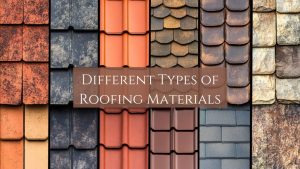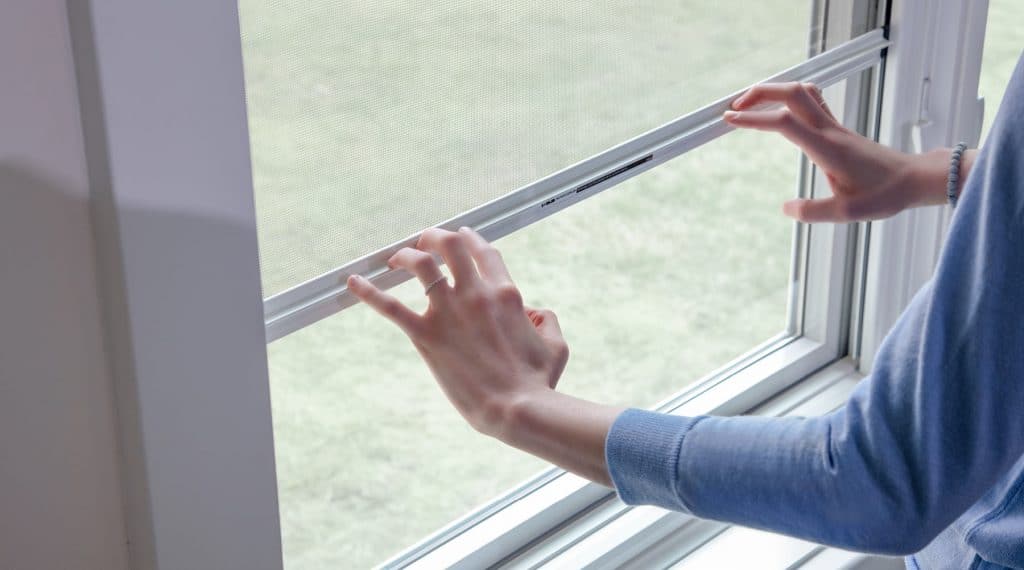
Your home should be your refuge, which means it should have high sound levels. Obtaining some righteous tranquility is usually easier said than done. If you live in a city, on a motorway, or in a noisy area, you may struggle to find the peace that you and your refuge deserve.
Apart from that, sound pollution can cause a variety of issues. For one thing, it can create increased stress and worry, which leads to high blood pressure, tension, and a weakened immune system. Furthermore, it might induce sleeping disorders, which can lead to physical and psychological concerns.
Maybe you don’t have any hidden problems, such as tension and worry, as well as nervousness or a sensory handling issue but when you do, sound pollution might become a lot more difficult. Fortunately, soundproofing may make living more peaceful. Soundproofing may reduce noise from highway traffic, aircraft, leaf blowers, and sometimes noise from neighbors.
On the other hand, perhaps you require soundproofing to prevent sounds from exiting your home. For example, if you’re a musician or artist, you may want soundproof windows to guarantee that you can keep your session to yourself.
Why is Soundproof Windows an Important Addition to Your Home?
Soundproof windows are essential for a variety of reasons, with the primary reason being noise reduction. These types of windows are specifically designed to reduce external noise and are particularly useful for homes, offices, and buildings located in noisy areas. For example, if you live near a busy highway, airport, or train tracks, installing soundproof windows can significantly reduce the amount of noise that enters your living or workspace.
Another important reason to install soundproof windows is to ensure privacy. These windows prevent sound leakage, ensuring that conversations, music, or other sounds are not heard outside of a room. This is especially important in buildings with multiple tenants or rooms requiring confidentiality, such as a recording studio, therapy office, or medical office. Soundproof windows can also help with soundproofing for home theaters and music rooms.
Soundproof windows can also improve sleep quality. External noise disturbances can have a significant impact on sleep quality, especially for people who live in noisy areas or work night shifts. With soundproof windows, these disturbances are reduced, allowing for a more restful and peaceful sleep.
Finally, soundproof windows can also improve energy efficiency. By reducing heat loss or gain, they can help lower energy bills and increase the overall energy efficiency of a building. This added benefit makes soundproof windows a smart investment for homeowners and business owners alike.
The 8 Best Soundproof Windows for Home
When there is too much noise both inside and outside, your house windows are part of the problem, and choosing the finest noise reduction may make a big impact.
Since your windows are narrower than your doors and walls, they often allow more noise to enter and exit. Sometimes the solution is as simple as a dual-pane window, while other solutions for reducing unwanted noise are a little bit more complicated.
You can make the greatest choice for your soundproofing needs if you are aware of your options. Here are some alternatives you should be aware of.
1. Premade Soundproof Windows
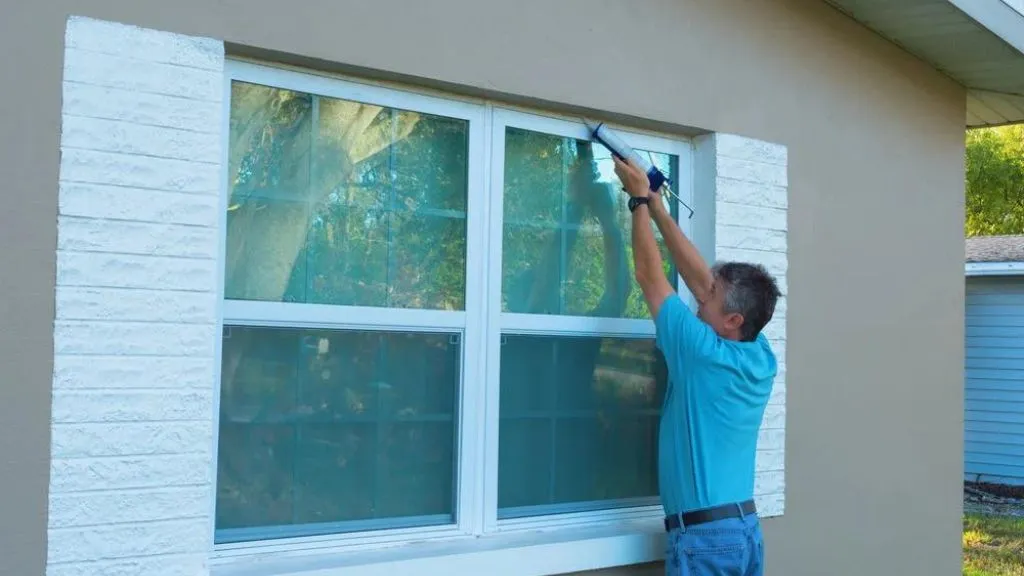
One alternative is to simply purchase the best soundproof windows to reduce noise. You may find a variety of soundproof windows on the internet.
Acoustic glass is used to make prefabricated soundproof windows and is a type of soundproofing product that consists of a soundproofing layer that is sandwiched between the regular glass. Having said that, when combined with the proper windowpane, it may make a significant difference in sound reduction.
The pre-made noise reduction window has various advantages. For example, many of these windows have specific soundproof ratings, allowing you to determine how much soundproofing you’ll want as well as know ahead of time how well these windows will impede sound.
Furthermore, you may have a house window professional install your windows for you rather than doing it yourself, which will save you a lot of labor, effort, and time.
2. Acrylic Glass Windows
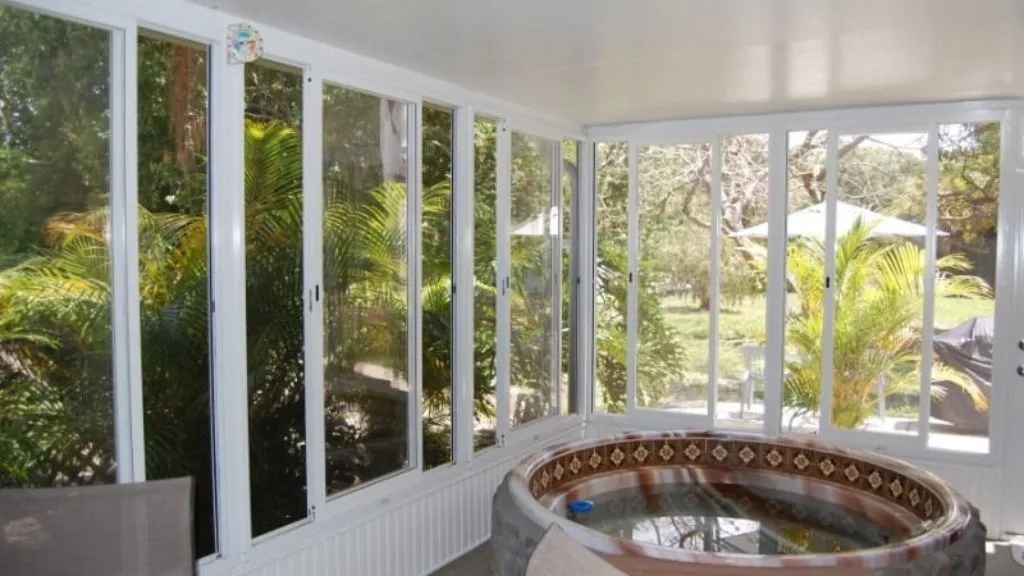
The lack of thickness is currently the most significant issue with the standard single pane window when it comes to apparent vibration. The average glass window is not nearly thick enough to reduce outside noise.
Since polymer glass is thicker than regular glass, it adds a layer of soundproofing to your new windows. While acrylic glass is more expensive than conventional glass, it also lasts longer, so you may experience overall cost-effectiveness if you press the button. Furthermore, acrylic glass is more insulating than standard residential window glass, which means you might save money on your energy expenses.
3. Laminated Glass Windows

Laminated glass is similar to acrylic glass and might be an excellent alternative for replacement windows. It adds thickness to the windows, much like acrylic glass, making them far more soundproof when compared to standard residential windows.
Regular window glass is used in the production of laminated glass. It has an additional layer of lamination in between the regular glass, which accounts for the greater thickness. That extra layer, like a dual-pane house window or acoustic glass, serves to suppress sounds.
4. Dual Pane + Triple Pane Home Window Glass

You may also enhance the thickness of your windows by replacing single-pane windows with double-pane or triple-pane windows. Double pane window glass consists of two panes of glass with a small gap in the middle for a gas such as argon.
If you’re considering acquiring a three-way pane window, first be sure that a dual-pane home window won’t suffice. A triple pane window can be very costly, and it may not be worth the expense if all you want to do is reduce day-to-day outside noise.
5. Fiberglass Frames
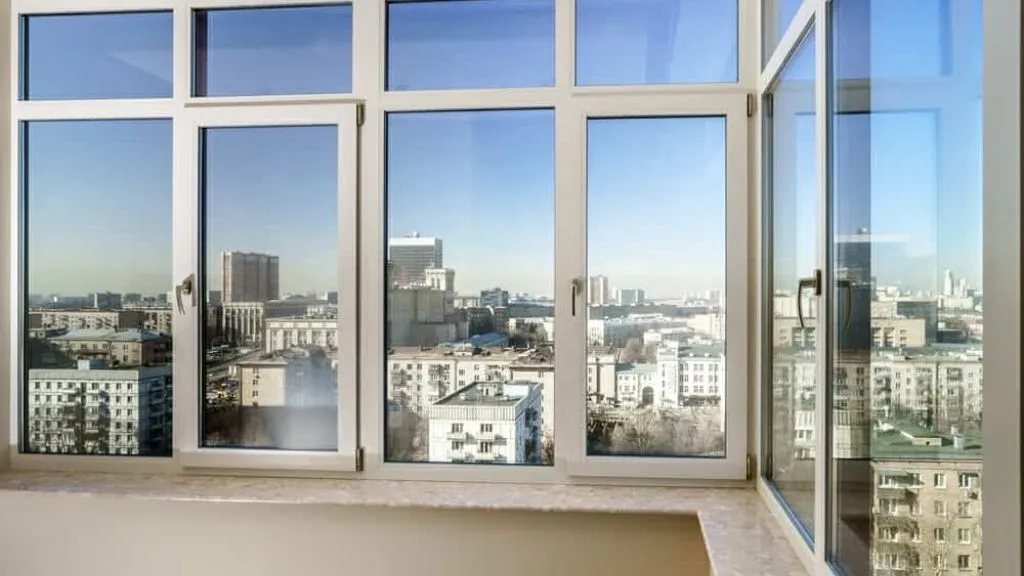
First and foremost, there are fiberglass window panes. Fiberglass buildings have the appearance of regular wood frameworks, but they have a smooth structure that feels a lot like plastic when touched.
Fiberglass window frames are popular due to their durability. Because these frameworks can withstand all types of weather, they often endure longer than timber frames. As a result, they can be a cost-effective solution, however, they are significantly more expensive upfront than timber window frameworks.
One of the most crucial aspects of fiberglass house window frames for soundproofing is the hollow chamber within. You may cover the area with insulation, which will dampen the sound coming in through the window.
As an added bonus, the insulation might help you save money on energy costs. It will keep air from escaping, allowing you to use your heating or cooling system less frequently.
6. Plastic Windows
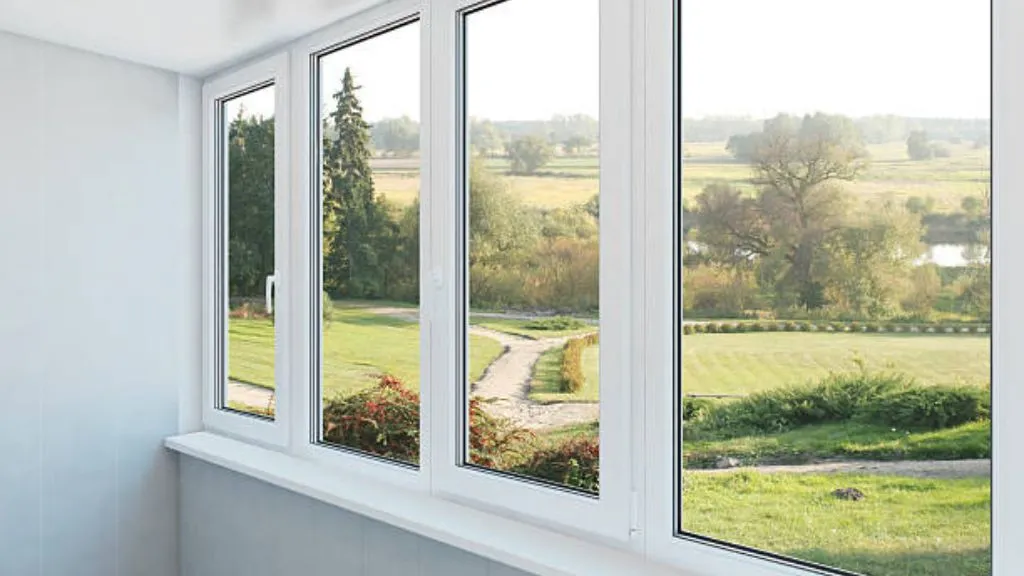
Then there are vinyl window frames, which resemble fiberglass frameworks in appearance and feel. Vinyl window structures feature a smooth texture and a hollow space that may be filled with insulation, similar to fiberglass window frames. This insulation can help to reduce web traffic noise and other types of environmental pollution.
The main contrast between plastic and fiberglass is that fiberglass is formed of glass fibers that are kept together with the substance. Vinyl is more similar to typical plastic.
There are a few minor distinctions as well. For one reason, fiberglass is stronger than plastic, implying that it will endure longer. Fiberglass is more costly upfront because it lasts longer than plastic.
Fiberglass may also be repainted, although vinyl must remain in its original color. Having said that, vinyl comes in a variety of colors, so if you choose plastic, you should have no trouble finding the best soundproof window.
7. Secondary Glazing or Double Glazing
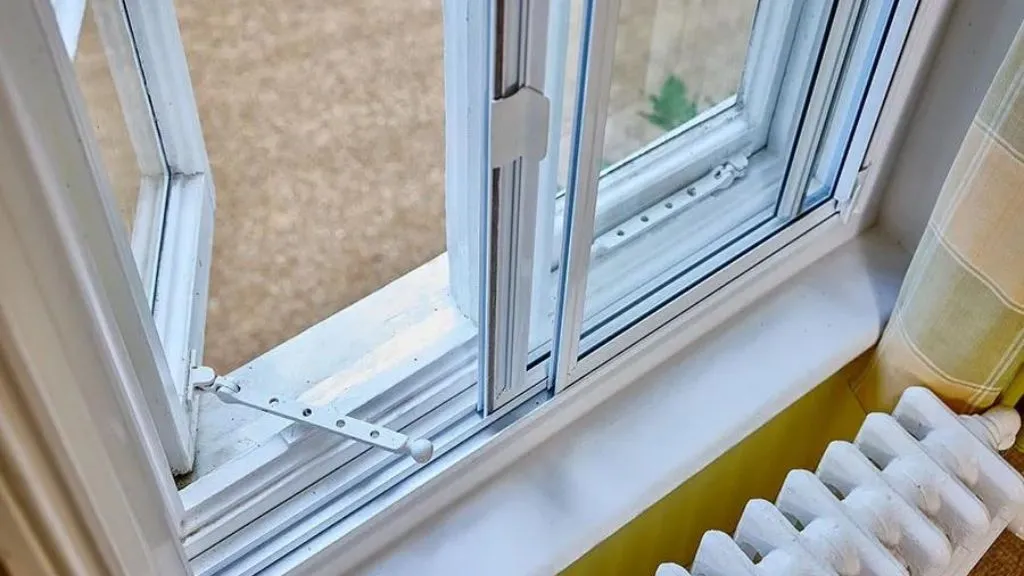
Secondary glazing, sometimes known as an additional house window, is another do-it-yourself alternative. With extra glass, also known as dual glazing, you install a whole new, independent house window on the inside side of the original window. Secondary glazing inserts more glass and other items between you and the outside noise, thereby damping it.
Another advantage of second or dual glazing is that it allows you to install more windows without having to replace the original windows. Secondary glazing can save money, time, and labor as compared to full window replacement.
This DIY solution may become more complex than other options, but tutorials are available online. You may also hire a contractor to do the installation.
8. Storm Window
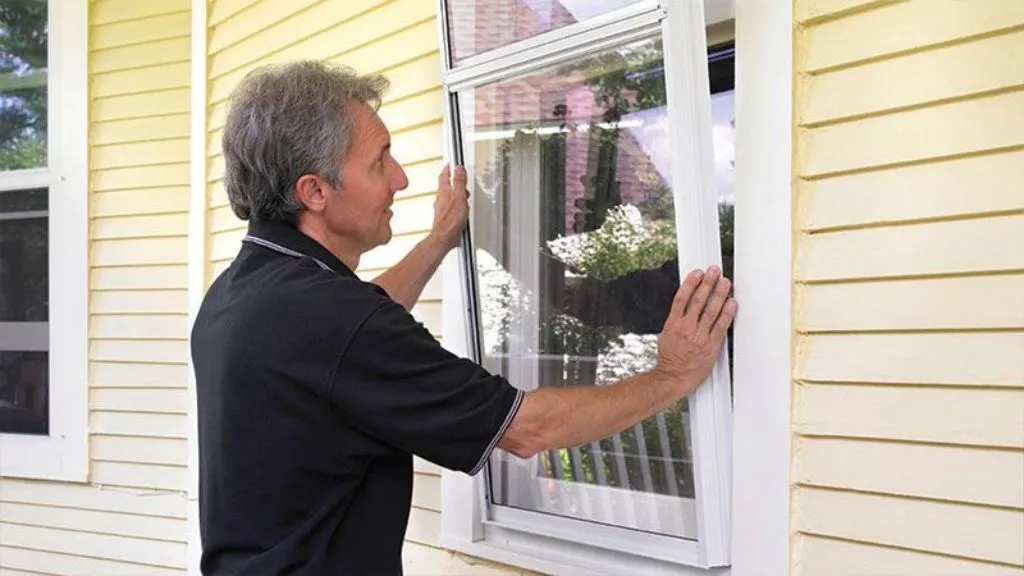
Additional glazing is similar to double-glazed windows. The contrast is that, although second glazing is applied to the inner side of an existing home window, a storm window is always applied to the external side. Double-glazed windows aren’t specifically designed to provide an acoustic barrier, but they frequently do because of how they’re constructed.
Storm windows are not just soundproof windows; they are designed to reduce draughts and create a more pleasant living environment even under harsh weather situations. Since the double windows prevent outside air from leaking into your home, they may also prevent extra ambient sound from doing the same.
11 Alternative Options for The Best Soundproof Windows for Home
1. Utilize a Soundproofing Sealant or Acoustic Caulk
Soundproof sealant is sometimes known as “acoustic sealant,” “acoustic caulk,” and other terms. The most annoying noises don’t always originate from the windows themselves, but from the gaps and fissures that surround them.
Acoustic caulk kits are inexpensive, especially when compared to purchasing new windows. They are one of the least expensive soundproofing methods available on the market. They can block some sound from online traffic and other similar sources.
2. Window Insert
Did you know that you may use a soundproof window insert to reduce noise? Soundproof house window inserts add another option to soundproof windows, giving consumers the choice of extra soundproof glass.
You may install these inserts into your existing window frameworks to provide additional noise shielding. These inserts reduce unwanted noise by around half, and they might be a good option for those who live in houses and want to prevent noise from next-door neighbors.
Though they are not soundproof glass and do not block as much sound as a full house window replacement, the fact that you can simply install an insert over your existing home window is an advantage in and of itself. You may choose a house window insert for a single window or buy multiple.
3. DIY Soundproofing
So, what if the options above aren’t going to help you? Maybe you rent your house or apartment and don’t have a lot of say over the renovations. Perhaps new windows are simply not in your budget right now. In that case, you may want to look into alternative soundproofing methods.
If you can’t replace your windows right now for any reason, you don’t have to put up with the noise. Getting enough noise reduction can sometimes be as simple as purchasing a soundproof window insert.
4. Noise-Canceling Earphones and High-Fidelity Earplugs
If soundproof windows and other soundproofing measures aren’t a possibility right now, a great set of noise-canceling headphones may be all you need to find some peace.
This technique works especially effectively if you’re dealing with intermittent noise rather than a steady noise. Active noise cancellation works by delivering an “anti-noise” or “counter-noise” frequency to cancel out the ambient noise. Noise-cancellation earbuds, according to this cutting-edge technology, don’t only dampen or filter out noise; they neutralize it. These headphones are available at a variety of prices, but almost all of them are less expensive than installing soundproof windows.
5. Soundproofing Inner Rooms
If you’re a performer who wants to practice without bothering your neighbors, you can decide to soundproof a specific practice space rather than making the entire house more practice-friendly. In this case, you might choose a place that isn’t surrounded by windows and insulate it with soundproof panels or insulation foam.
6. Acoustic Panels
Soundproof panels, also known as acoustic panels, are another option for people who are concerned about disturbing their next-door neighbors. Acoustic panels are a good option if you’re more concerned with the sound that comes out of your house than the sound that comes in.
7. Soundproof Blankets
Another alternative for noise reduction is to use a soundproof blanket. They’re thicker than conventional blankets and may be put over doors and windows to block out noise temporarily.
8. Window Glass
Most standard residential windows do not have a soundproofing rating, but that doesn’t mean they can’t include noise-reducing features. The key is to know what to look for in a window.
One crucial consideration when selecting new windows is having the greatest type of window glass. The bulk of residential window glass is thin enough to allow sound to pass through easily, but certain types of window glass are thicker and may dampen much more sounds, giving you a lot more audio control. While there is no such thing as truly soundproof glass, having the right glass for your windows may make a significant impact. When combined with a suitable type of windowpane, the correct window glass can reduce the sound vibration caused by outside noise.
9. Use Weatherproof Removing + Home Window Plug Draft Stoppers
Clearly, if you do not want to install a storm window, you can still construct a superb acoustic barrier using the same concepts described above.
Use weatherproof stripping or draught stoppers around your windows as an easy solution. Weatherproof stripping, like a house window insert, can provide a solution for an existing window rather than requiring a total replacement. However, in this case, the choice concentrates on the window frame rather than the house window glass.
Weatherproof removing tape, like certain acoustic sealant options, is available. You may use adhesive tape along the edges of a window frame to create a seal that will also help to suppress noise. This option is best suited for minor noise-related issues that do not necessitate a full window replacement or a dual-pane window.
10. Window Frames
When it comes to ambient sound reduction, house window glass isn’t the only factor that makes a difference. The best sound-reduction window will also have the proper window frame.
With the correct window frame, you may notice a significant difference in acoustic insulation. However, depending on your location and soundproofing objectives, a thicker window glass may be all you need to get some privacy. If you’re only concerned with traffic noise, for example, a dual-pane residential window would suffice.
However, if you want even more noise protection, you might look for soundproof window frames. When surrounded by glass, regular timber constructions do not do a great job of keeping high levels of noise at bay. Fortunately, window frames are available in a variety of additional product alternatives, and those selections may help you create the peaceful environment you deserve.
Here are some of the greatest window framing options for reducing road noise and numerous other outside sounds.
11. Install Double-cell Shades
Cellular shades, often known as honeycomb shades, are constructed from rows of fabric cells or hexagonal tubes stacked on top of one another. These blinds serve the following purposes:
- In addition to blocking out light, they also absorb sound that vibrates into space to lessen echo
- Limit indoor heat gain in the summer
- Retains heat in the winter
Double-cell shades have two layers of cells, whereas single-cell blinds only have a single layer of cells and can only absorb a little amount of sound. They work best for persons who endure modest levels of noise pollution, much like sound-dampening drapes.
12. Purchase Soundproofing Curtains + Soundproofing Window Blinds
Soundproofing drapes and window coverings are yet another remedy for canceling out the noise.
You’ve probably heard of power outage drapes, which block out light and may keep your bedroom dark long after the sun rises. These curtains can be useful for night-shift workers as well as folks whose bedrooms are on the eastern side of their homes.
Power outage curtains are too light, soundproof drapes are to see. These curtains are also important for persons, singers, and musicians who want to shut out outside noise. They’re constructed of a thick, noise-absorbing material that acts as sound insulation.
A Final Word on Soundproof Windows
Windows does let the noise outside into the home which could get a little too irritating to live with. Therefore, the best alternative is to use these soundproofing windows and have a rather peaceful and much more focused environment to be in.
Having said that, choosing between them is a task that could cause you to pull your hair apart if not guided in the required manner. To help you ease out the process, we have curated an exhaustive list of soundproofing windows that you could look into and choose from.
Keep in mind, choose a window type that works best for you while also securing your need and budget.
FAQs Types of Soundproof Windows:
1. How can I make my windows soundproof?
1. Seal off any holes near the window.
2. To lessen the amount of outside noise that enters your home, make sure to plug all holes surrounding your windows.
3. Build a wall in front of the window.
4. Add acoustical drapes.
5. Add windows with double and triple glazing.
4. Add windows with double and triple glazing.

